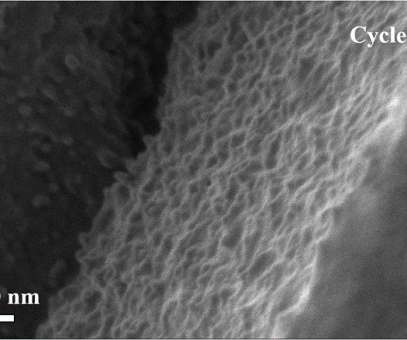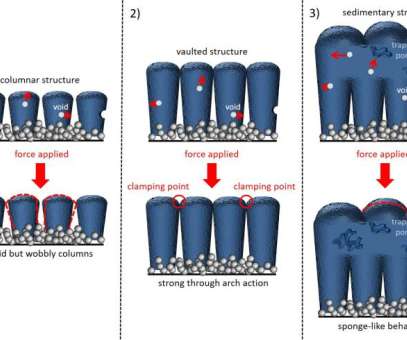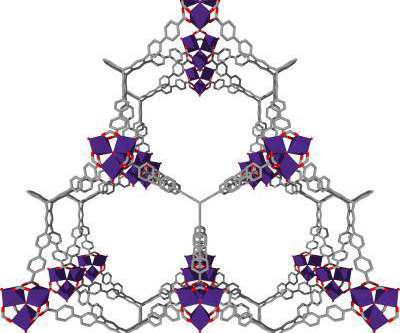US Army, Brown Univ. partner to study SEI on silicon anodes to extend Li-ion battery life
Green Car Congress
AUGUST 7, 2017
The Army is working to replace all alkaline and nickel metal hydride field batteries with Li-ion batteries. “ The Army is developing hybrid vehicles for use on the battlefield, and that means they will also use Li-ion batteries. We want to push the voltage of Li-ion batteries higher. ”.








































Let's personalize your content